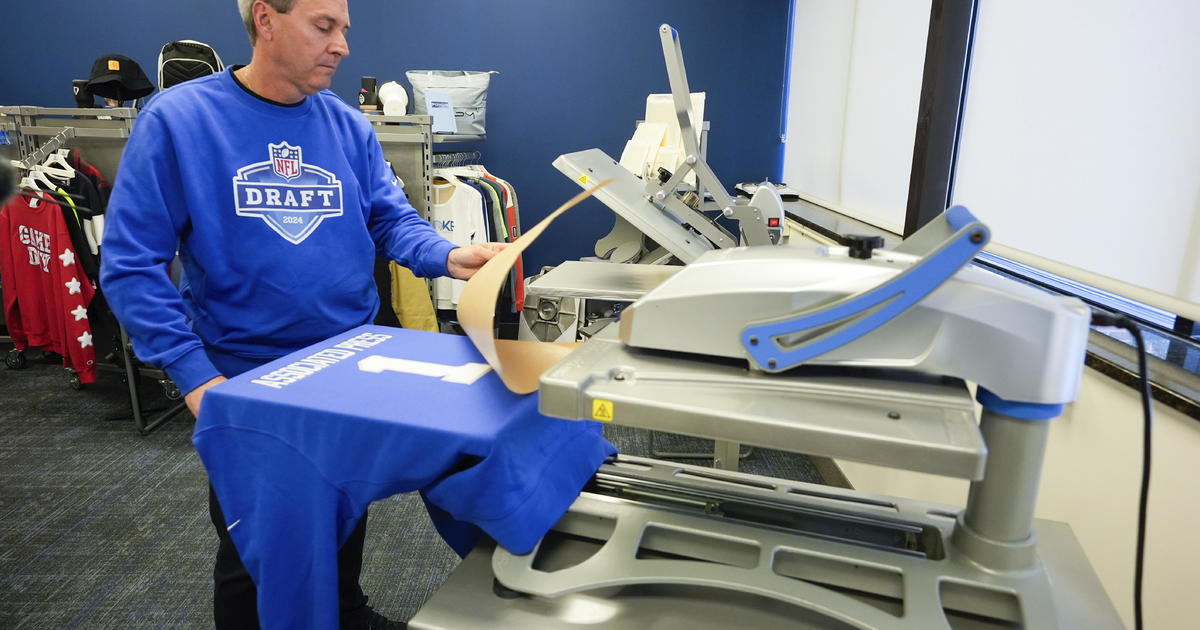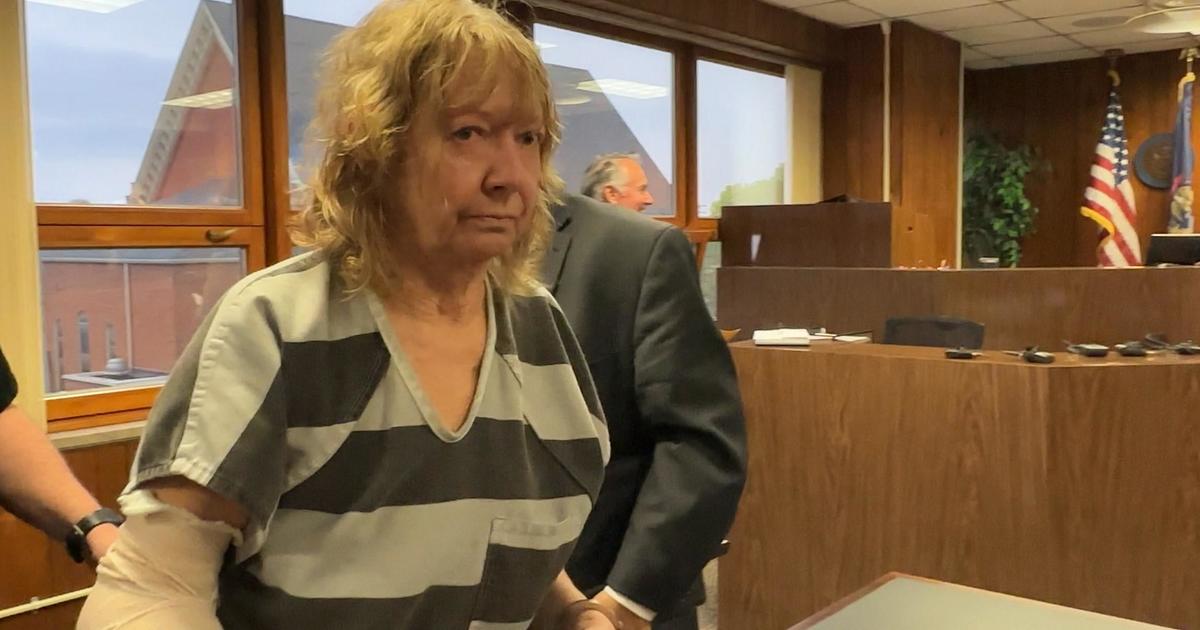Michigan Supreme Court Releases New Jury Rules
DETROIT (WWJ/AP) - Jurors can take notes, pose questions for witnesses and discuss evidence during trials under new rules released Wednesday by the Michigan Supreme Court.
The changes bring Michigan in line with some other states and, in some instances, federal courts, Chief Justice Robert Young Jr. said.
"They give jurors basic tools to do a more effective job at what they're supposed to do, which is to find the truth," Young said in an interview.
The changes, which take effect in September, have been in the works since 2005 and follow a two-year test in 12 Michigan courts. Young said it still will be up to judges to choose to use them during trials.
"Our profession is virtually allergic to change. ... My guess is judges will allow this. Only the most hidebound will continue to treat the jury as though they're kindergarteners," Young said.
If a juror has a question for a witness, the judge first will screen it for appropriateness. The changes allow jurors to take notes, discuss testimony before a civil or criminal trial ends and ask to visit a place where a crime or something important occurred.
Besides opening and closing statements, attorneys are allowed to give "interim commentary" during trials if a judge agrees.
Young said there's never been a formal ban on jurors taking notes but it's been a tradition that needs to be thrown out.
"This is just crazy," he said. "If you told a judge, `You're going to sit through the trial, you can't take a single note, and then make a judgment' - they'd bust a gut."
Justice Diane Hathaway was the lone dissenter on the seven-member Supreme Court. While taking notes and asking questions have a "valid place in our judicial system," she said there are other changes that could cause problems if judges force attorneys to follow them, especially jurors discussing evidence during a trial.
Hathaway, a former Wayne County judge, said she's not convinced the rules will improve trials.
"Although some of these procedures may in theory benefit jurors, we must be mindful that the litigants' rights are always paramount, and we should not adopt procedures that potentially endanger these rights," she wrote.
WWJ and Fox 2 Legal Analyst Charlie Langton says that could make trials a little tricky.
"I do think it's incumbent upon the judge to make sure that the questions are at least legitimate questions, and that one juror isn't dominating the trial," said Langton said.
"So, the judge will have to be conscientious of that. Because, yes, that could help the rights of both litigants," he said.
Langton said the new rules will frustrate attorneys with interruptions, but also allow them an insight into what jurors are thinking
The Associated Press contributed to this report.



